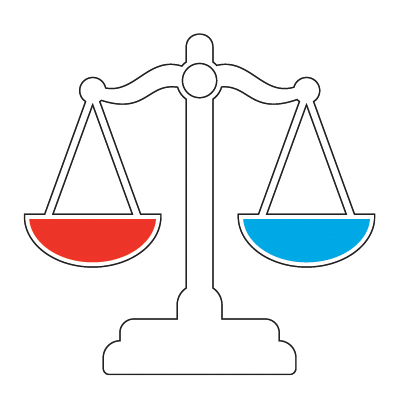Key research moments
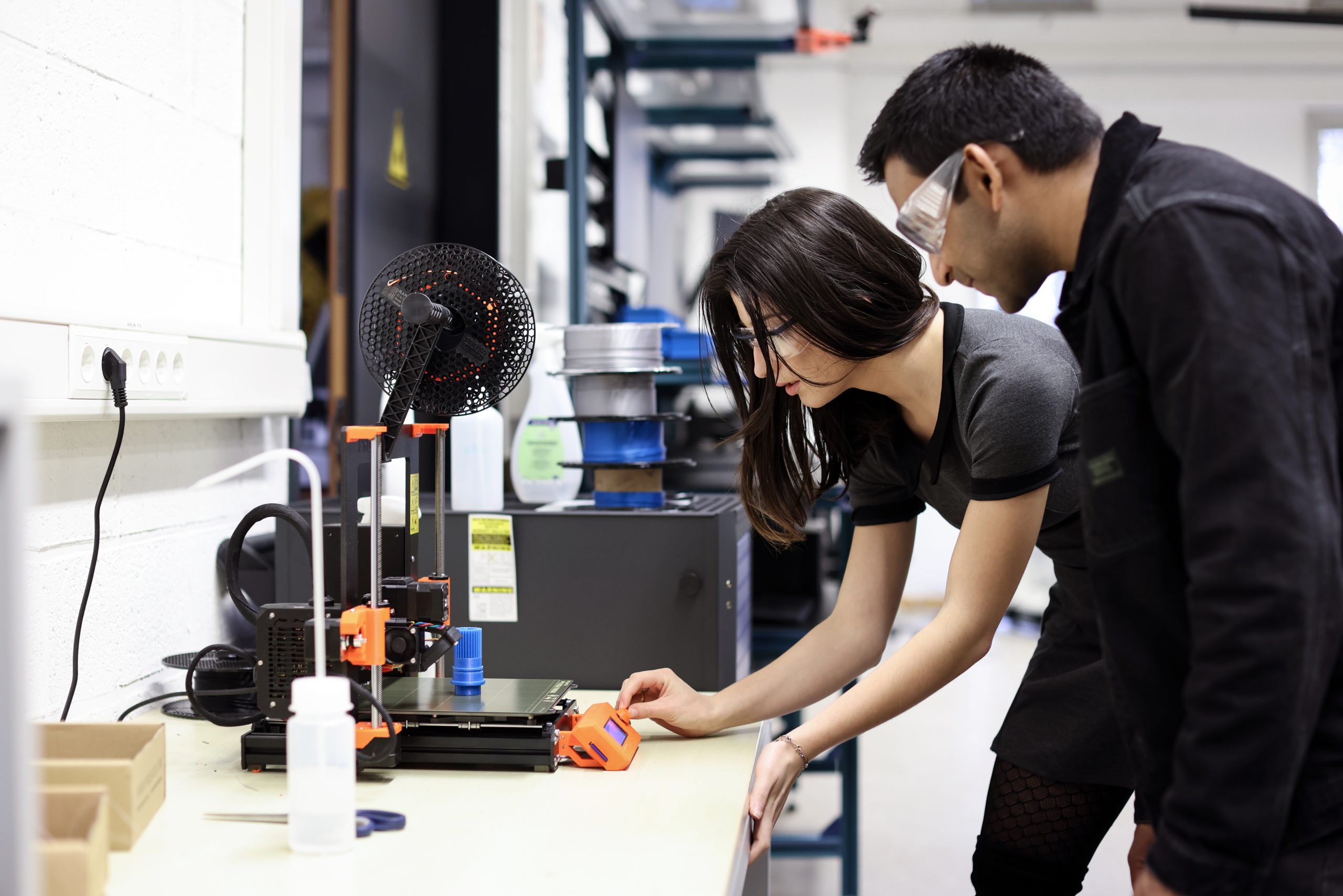
These key research moments capture when our faculty and students made meaningful progress on complex questions, revealing new insights across disciplines through sustained investigation and careful analysis. Browse these important moments in our research to see how our work had an impact.
January
-
111
SnT
AI to monitor AI
New AI watchdog for financial systems
Your banking is about to become safer thanks to clever technology that keeps an eye on automated processes. This partnership puts Luxembourg at the forefront of financial innovation.
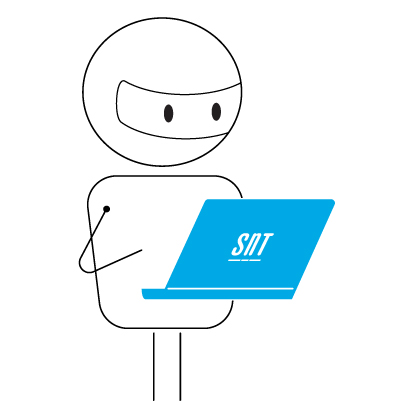
-
111
FDEFUnderstanding populism’s impact
Battling populism to protect the economy
A new research project aims to uncover how populist movements affect markets and politics. By studying these influences, researchers hope to create policies that address genuine concerns without causing economic instability, leading to more stable jobs and services.
The way politics affects your daily life could soon be better understood thanks to a new research project on populism, which has received a €868,000 FNR CORE grant from the to study how populist movements influence both markets and politics.
The research aims to create a roadmap for policies that address people’s genuine concerns without the economic rollercoasters that extreme positions can cause. This could mean less divided communities and more stable jobs and services that you rely on daily.
The team will track how money worries, social media bubbles, and political frustrations feed each other.
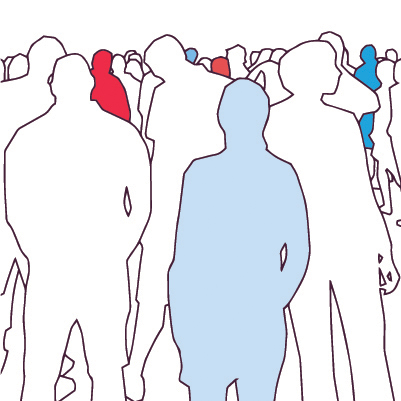
February
-
111
C²DHHistory goes digital
Launch of new Master in Digital and Public History to bridge past and present
Experience the past in exciting new ways! Students learn to bring history alive through technology, work with museums, and even study in beautiful Venice.
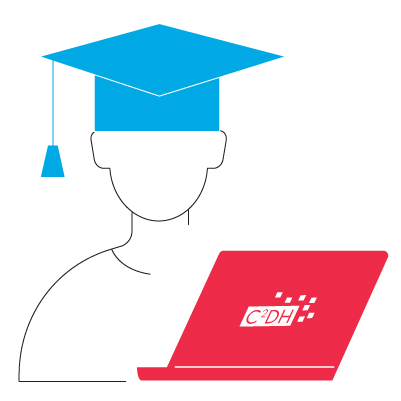
-
111
FHSE
Empowering autistic women at work
Study explores job hurdles for autistic women
Researchers find clues in the liquid that surrounds the brain that could help spot Alzheimer’s earlier and connect the disease with gut bacteria.

-
111
LCSB
Subtle changes in cerebrospinal fluid in Alzheimer’s
Scientists find new biomarkers for Alzheimer’s disease
Researchers find clues in the liquid that surrounds the brain that could help spot Alzheimer’s earlier and connect the disease with gut bacteria.
Our researchers have found subtle changes in the fluid that surrounds the brain and spinal cord of people with Alzheimer’s disease. This finding might make it easier to spot the disease earlier, complementing existing diagnostic tools.
The results also show that a substance produced by gut bacteria accumulates in the cerebrospinal fluid of patients, suggesting these microbes might play an important role in the disease.
Until recently, diagnosing Alzheimer’s relied mainly on memory tests and clinical observations. The identification of new biomarkers could facilitate early detection and improve precision of the diagnosis.
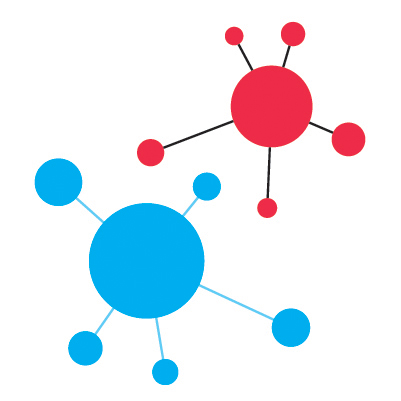
April
-
111
FSTM
Better computers coming soon
Breakthrough makes quantum computing more reliable
Soon your everyday technology could become more secure thanks to breakthroughs with tiny computing parts. These advances promise devices that could transform medicine and online security.
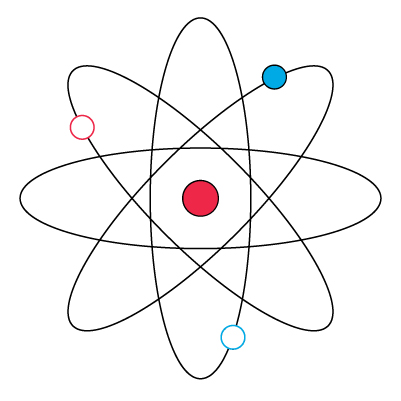
-
111
FSTM
The voice that persuades you
Human-like digital voices may influence your choices
Soon your everyday technology could become more secure thanks to breakthroughs with tiny computing parts. These advances promise devices that could transform medicine and online security.

May
-
111
FHSE
Giving a voice to our national language
Preserving the Luxembourgish language
Luxembourgish just got easier to record and transcribe! New technology turns spoken words into written text, helping preserve the language

-
111
FHSE
Youth habits under the microscope
Youth study reveals negative digital habits
What are young people in your community really doing? A massive study reveals problematic social media use has nearly doubled, especially among girls. The good news: many risk behaviours have actually decreased or remained stable since 2018.
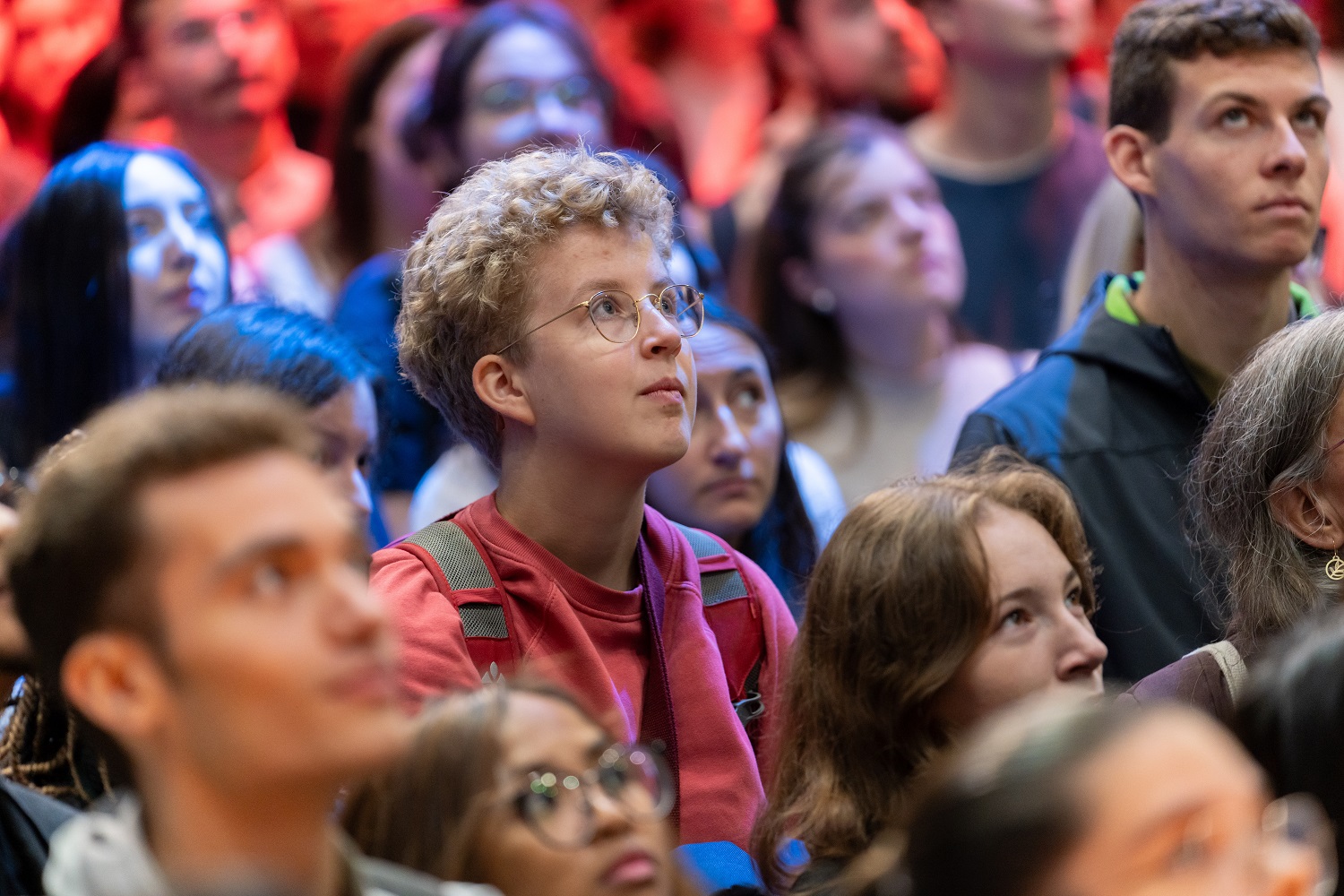
-
111
LCSB
Decoding Parkinson’s genetic puzzle
Genetic risk scores for a personalised approach to Parkinson’s
By summing the effects of small genetic changes, risk scores for Parkinson’s disease can be calculated. This new approach could identify patients who will benefit the most from targeted therapies and opens the door to personalised treatments.
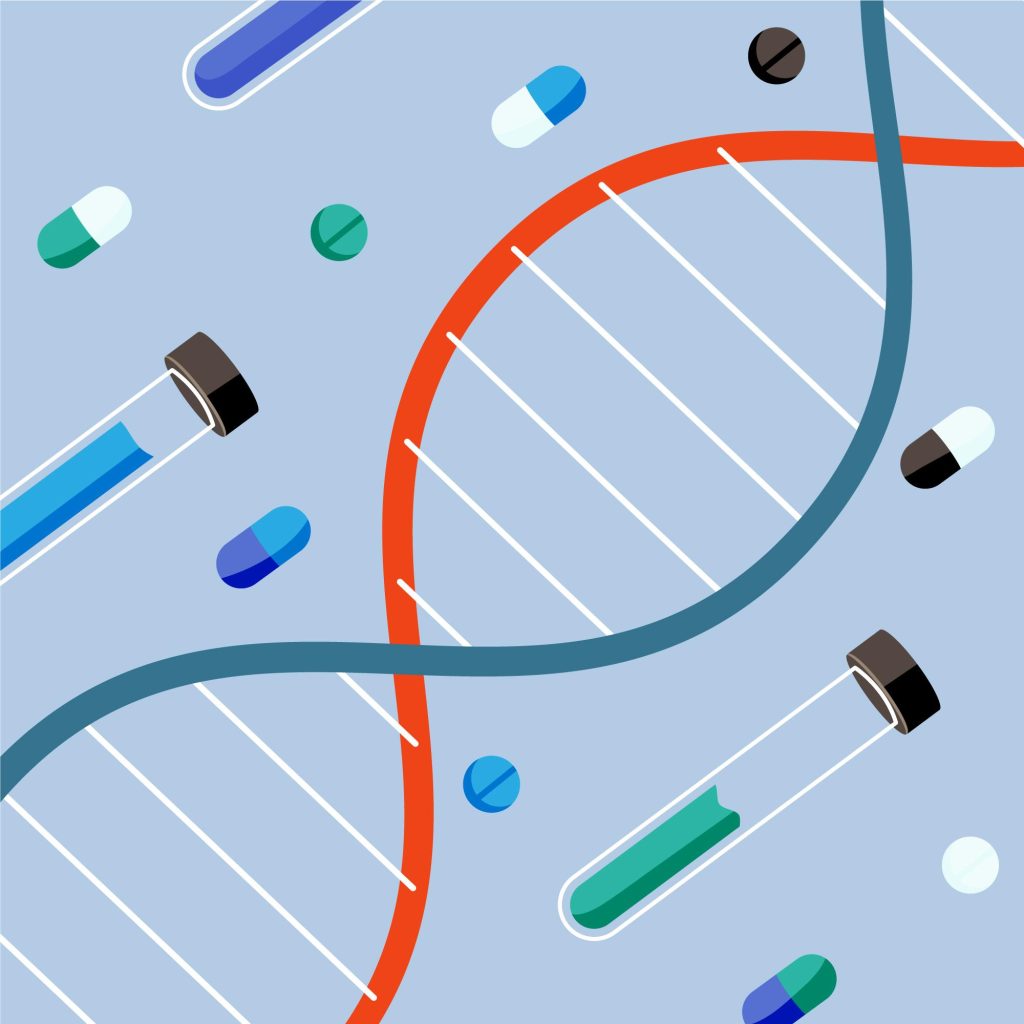
-
111
SnT
Machines that think for themselves
Self-driving technology receives €1.5 million research boost
Cars that drive themselves, robots that work alone. This research project makes smart machines safer and better at helping in your daily life.
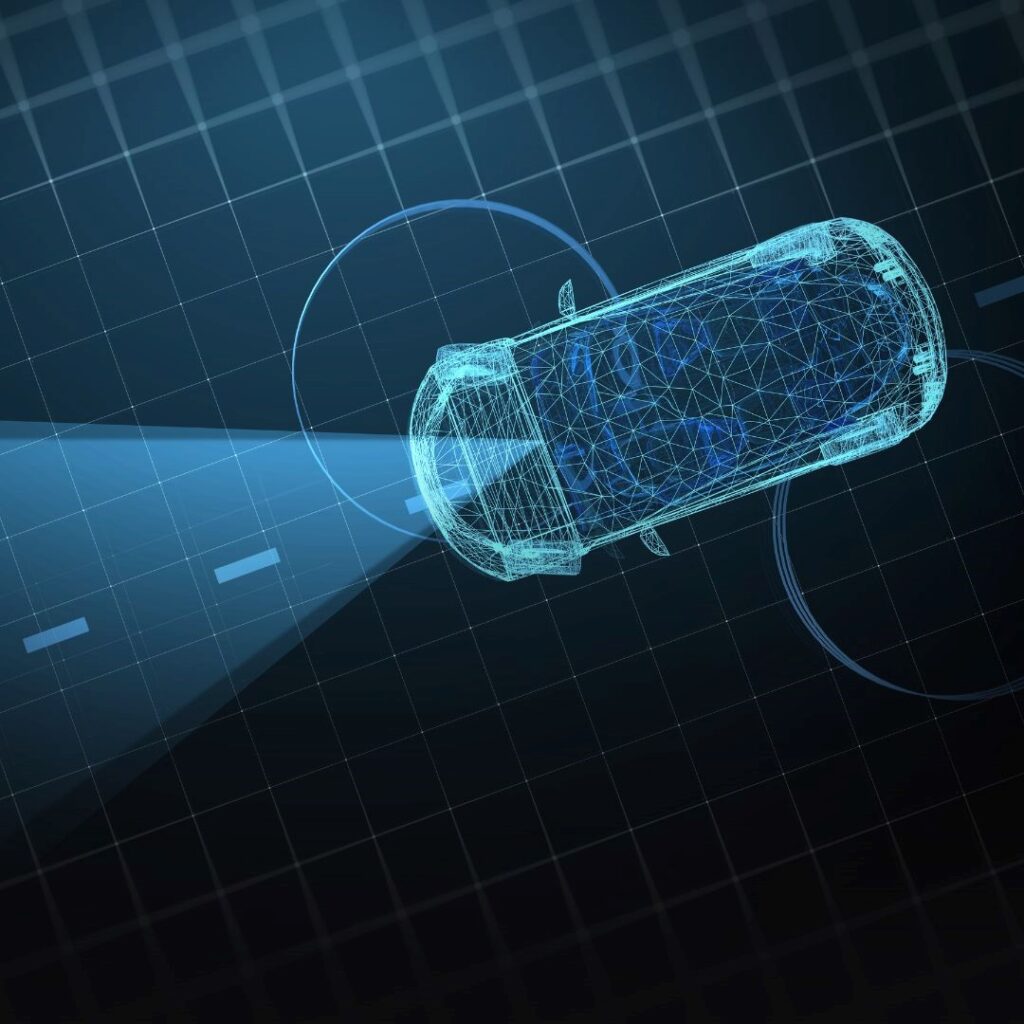
June
-
111
FSTM
AI predicts Euro ’24 winners
AI system predicting UEFA Euro 2024 winners
Did you follow Euro 2024? A clever AI system analysed player statistics and historical matches to forecast results. While it identified France, England, and Germany as favourites, Spain’s ultimate victory shows the beautiful unpredictability of football.
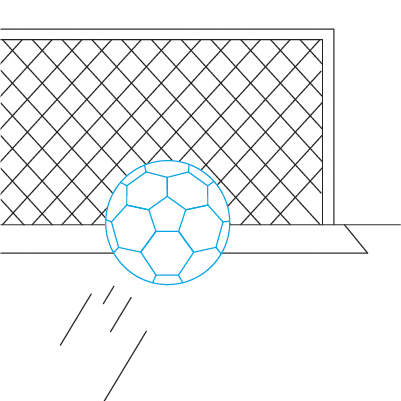
-
111
SnT
Earlier warning for flash floods
Cross-border project predicting deadly flash floods
New warning systems spot dangerous flash floods before they happen, giving precious extra time to protect homes and families across several countries.

August
-
111
FSTMTiming is everything
What is the best timing to treat cancer?
Did you know receiving cancer medicines at specific times of day works better? This simple change causes fewer side effects and could help patients feel stronger during treatment.

-
111
SnTUnhackable communication
Unhackable communication tested successfully in Luxembourg
Your messages could soon be protected by quantum physics! Super-secure technology tested across Luxembourg creates unbreakable codes that reveal instantly if someone’s snooping.

October
-
111
LCELA new Centre for European Law
Luxembourg’s new hub for European legal research
The former Max Planck Institute Luxembourg transitions into the University of Luxembourg as the Luxembourg Centre for European Law (LCEL), under the founding directorship of Prof. Takis Tridimas, one of Europe’s leading experts in EU law.
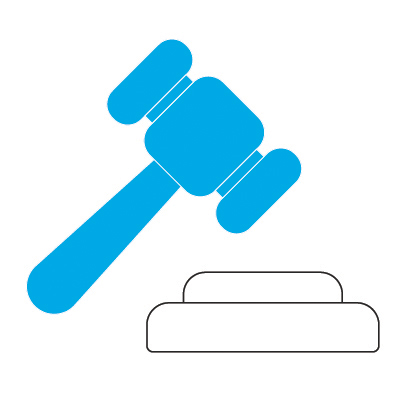
-
111
FDEF
Navigating AI law
Experts map legal boundaries for AI
How do we ensure powerful computers serve rather than control us? Experts gather to shape rules that make sure these tools help rather than harm our daily lives.
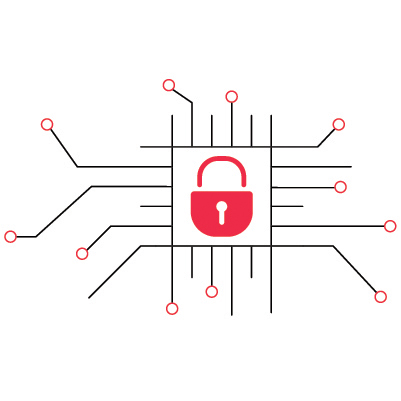
-
111
FHSERegenerating a city
Esch residents help design city’s innovative future
Could Esch-sur-Alzette become Luxembourg’s most innovative city? This project listens to local voices, especially those rarely heard, to transform the former industrial town.

-
111
LCSBWearable tech and AI spot health problems
Wearable devices help tackle cardiac and sleep issues
By combining easy-to-wear sensors with artificial intelligence, researchers are able to detect cardiac arrhythmia early and to diagnose sleep apnoea at home.
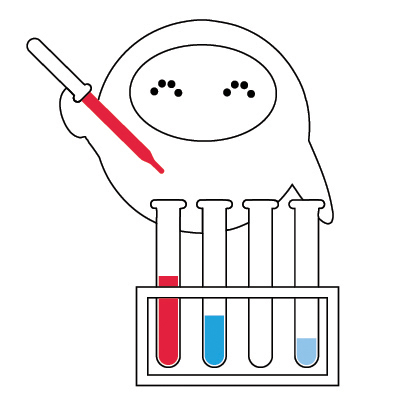
-
111
LCSBWhen art meets science
Artists translate neuroscience into creative projects
Artists immersed themselves into our research centre to feed their creative process. They convey scientific information through dance, music and art installations.
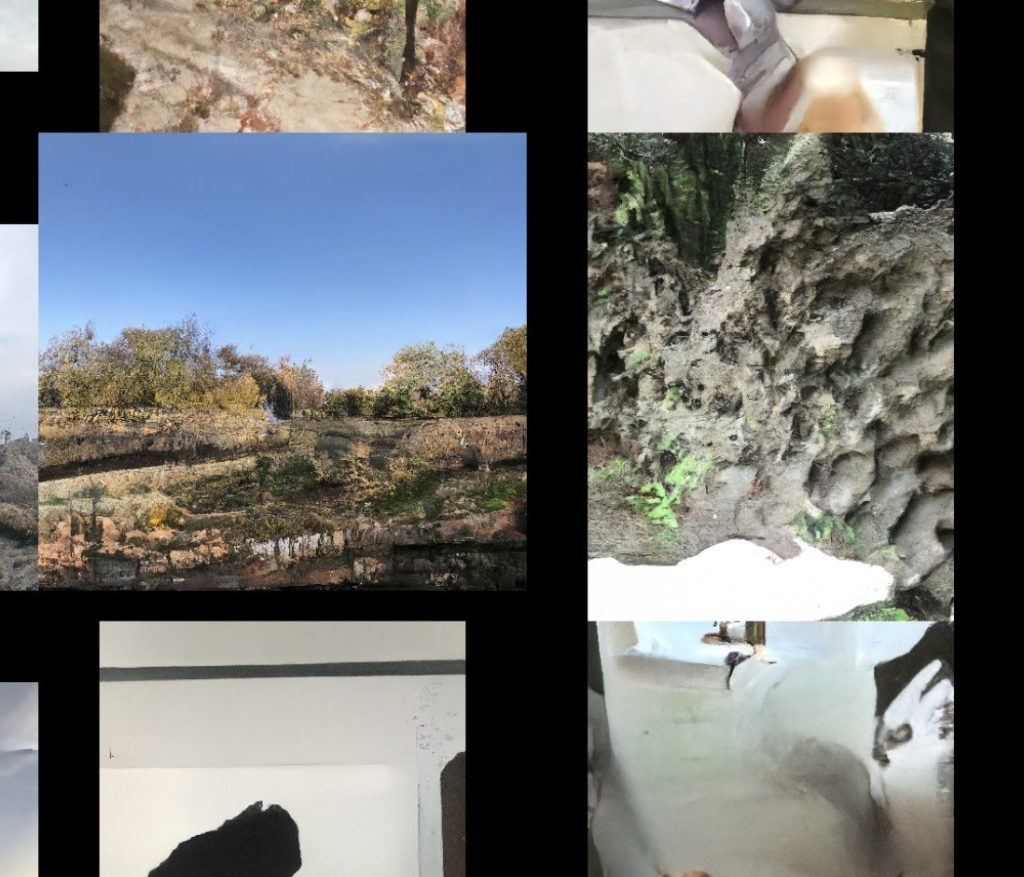
December
-
111
C²DHLuxembourg’s WWII history comes to life
Interactive online exhibition brings WWII Luxembourg to life
Explore Luxembourg’s World War II experiences through an exciting online exhibition featuring personal stories, videos, and maps comparing past and present.

-
111
FHSENational Education Report 2024
Report on education reveals challenges in making education fair for all
National Education Report 2024: Researchers highlight inclusion challenges in Luxembourg’s education system, focusing on multilingualism and social inequalities.

-
111
SnTBattling counterfeits with your smartphone
New scanner uses light technology to spot fake products
Worried about buying counterfeit products? A new app uses special light scans and smart technology to guarantee you are getting authentic goods worth your money.

-
111
LCELLegal knowledge at your fingertips
Comprehensive law database makes court decisions accessible to all
Finding important court decisions just got easier! New collection of legal rulings helps lawyers, judges and curious citizens understand competition rules better.
The new database of EU and national competition law judgments makes it easier to access important legal judgments.
Created by the Association of European Competition Law Judges (AECLJ) in partnership with the Luxembourg Centre for European Law (LCEL), the database includes judgments from the Court of Justice of the EU and national courts across Europe. It’s a useful tool for judges, lawyers, and the public.
The LCEL and AECLJ also host the Competition Law Circle, where experts discuss the latest developments in competition law. This collaboration strengthens Luxembourg’s role in legal research, the most important area of EU law for legal practice.
